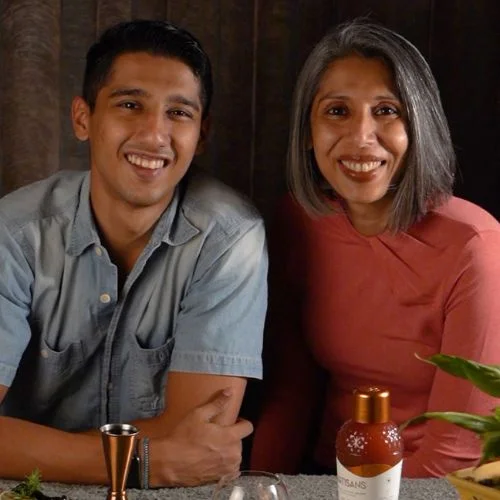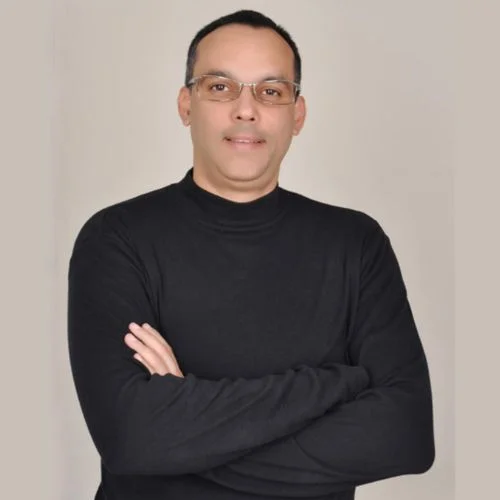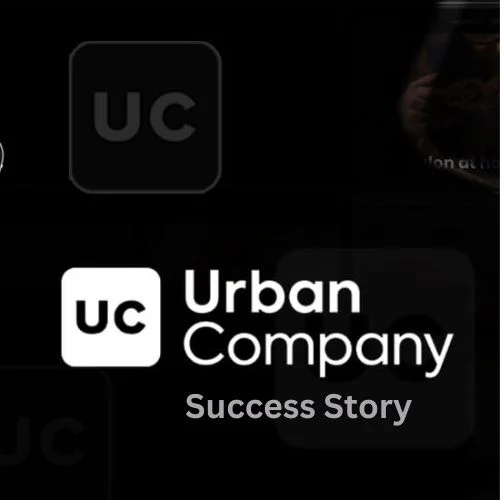Brinc, a Hong Kong-based accelerator funded by investors such as Animoca Brands, has launched a new programme for early-stage climate tech firms. The three-month programme is designed for entrepreneurs interested in carbon dioxide removal (CDR). They will be assisted with financing, given advice on how to scale up, and introduced to Brinc’s network of follow-on investors, mentors, and corporates.
Brinc’s Climate Tech Programme manager, Janina Motter, told TechCrunch that the accelerator has been focusing on climate tech through its food tech sector for several years. “As a result of those successes, we recognised that sector specificity is critical to maximising value for founders,” she said. “This is why we intend to have multiple climate technology programmes over time, with this new programme focusing on carbon removal, utilisation, and storage.” Brinc has experienced underinvestment in carbon removal proportional to its climatic impact, she added.
Four startups are part of the initial batch. According to Motter, “the strongest applicants understand how their approach fits into the competitive landscape and have compelling answers about ‘why them? why now?'” Furthermore, for CDR in particular, it is crucial that entrepreneurs have a basic knowledge of how their technology fits into a larger context (ecological risk, co-benefits, local communities, etc.) and are willing to establish a comprehensive framework that will allow them to scale responsibly.”
Airhive, based in the United Kingdom, is using geochemical direct air capture (DAC) to scale carbon removal. Its modular DAC system is based on a fluidized nano-structured sorbent.
CarbonBridge, based in the United States, absorbs fermentation CO2, or CO2 produced by fermenting plant matter to manufacture beer, wine, and other products, before it enters the atmosphere, and uses a microbial conversion process to produce eco-friendly methanol. According to the startup, this is a more cost-effective alternative to conventional methanol derived from fossil fuels.
Formwork IO in Hong Kong intends to reduce carbon emissions in architecture and other aspects of the built environment. It accomplishes this by producing carbon-negative concrete using waste carbon dioxide and materials as binders. Formwork IO is primarily interested in the Asian market, where it claims more than 70% of cement is manufactured.
Poas Bioenergy, established in Costa Rica, converts agricultural waste, such as coffee and pineapple residue, into biochar and syngas, improving waste management and providing farms with a source of clean energy.















